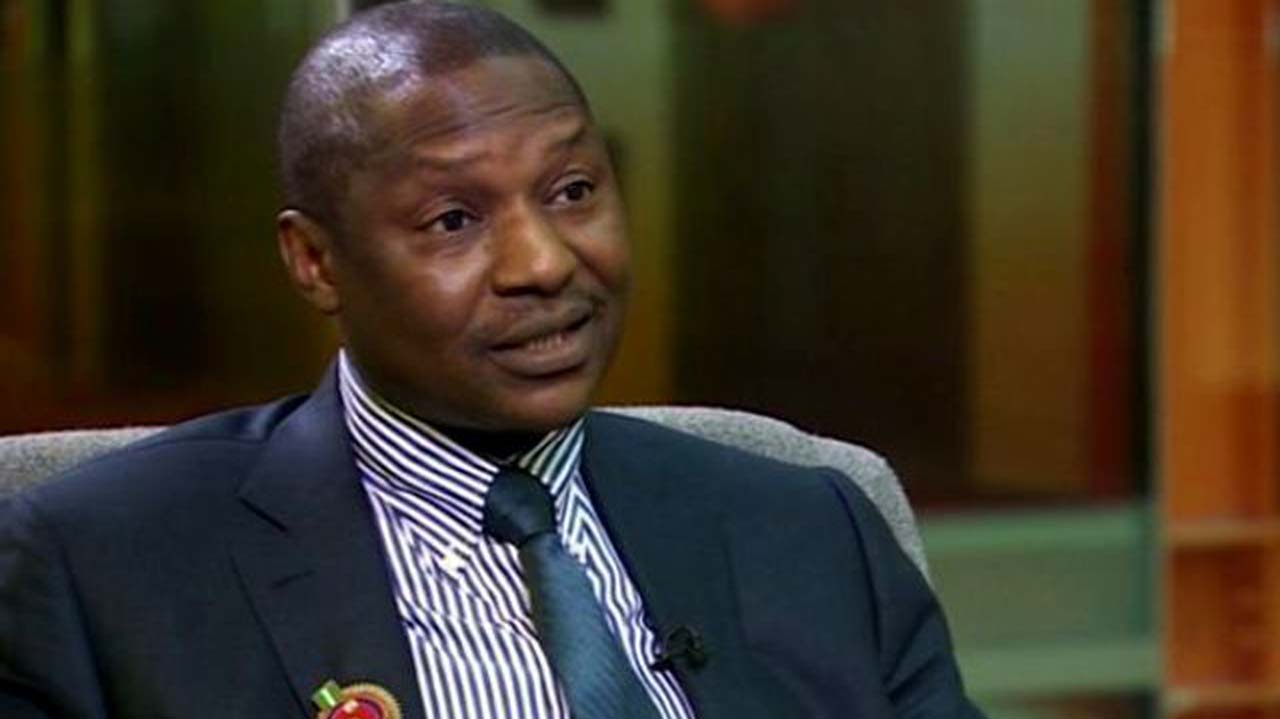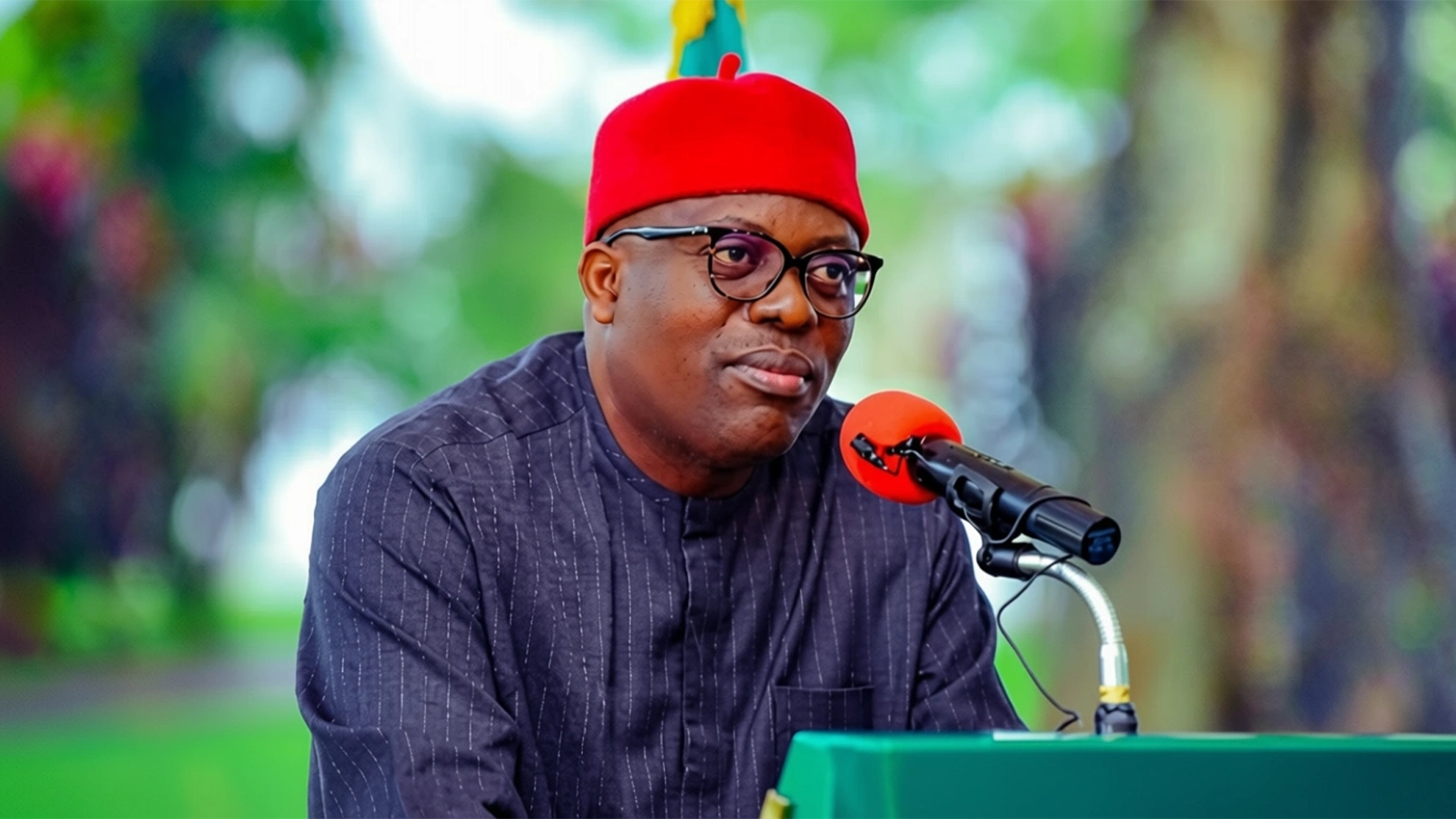Concerned indigenes have deplored attitude of Ndigbo towards their language, backing adoption of grassroots approach to preserve, revitalise and promote the mother tongue, besides encouraging the young ones to speak, read and write in the language to avoid its going into extinction by 2025 as predicted by the United Nations Educational, Scientific and Cultural Organisation (UNESCO).
Leading discussion during the 2020 Umunri Colloquium with the theme, “Community-based Approach to Promoting and Sustaining Igbo Language “ at Enugwu Ukwu, Anambra State, the keynote speaker, Professor Ngozi Chuma-Udeh, held that the vernacular ranked high among the threatened languages of the world.
She told the participants that “Igbo language is being systematically displaced, endangered and may even be exterminated, if the Igbo community does not act fast by initiating concrete programmes for the sustenance of their autochthonous language distinctly characterised by dialects and idiophones.
Chuma-Udeh continued: “Numerous indigenous peoples worldwide have intentionally or unintentionally killed their identity by impeding the natural order of passing on their ancestral languages to the next generation. This is because in the quest to run after modernity, they have fallen victims to some egocentric reasons like the noxious acceptance of the colonial master’s language as the official language after independence. As a result, most indigenous languages are facing a mass ‘linguicide’.”
Describing language as key to cultural identity, the Professor of African and Comparative Studies at the Chukwuemeka Odumegwu-Ojukwu University, Igbariam, Anambra State, submitted: “Once majority of young people in a community no longer speak their heritage language, It declines rapidly.
“When a language dies, it takes with it an assortment of knowledge. The intrinsic parts of the spoken words like the idiophones would disappear too. And so also are the lore, oral literature, songs, history and culture.
“The very identity of the people who speak it would vanish as well. This is because the repository of a people’s identity and way of life are embedded in their language.”
To reverse the trend, the don suggested that every community should ensure that children of the ethnic stock and possibly their associates are exposed to the language and its idioms, lore and proverbs at tender age, deploying total immersion techniques.
According to her, linguists of Igbo extraction should concentrate on systematising the different varieties of the language while curriculum developers should specifically include techniques for imparting an elevated version of the language in schools.
In his speech, Chairman of Umunri Colloquium Commission, Chief Uche Nwora, said the body’s aspiration remained to make the project not only an Umunri affair, but also an engaging regional platform for the propagation of Igbo cultural, economic, social and political ideas.
Nworah, who is also the Managing Director of Anambra Broadcasting Service (ABS), noted that the involvement of students and young people in the programme followed their recognition as future custodians and purveyors of culture.
In her remarks, a Professor of Mass Communication at Nnamdi Azikiwe University, Awka, Anambra State, Ifeoma Dunu, called for a law mandating use of Igbo language in ceremonies, homes schools, churches and the media across the five states in the South East.
The varsity teacher decried what she termed “inferiority complex in speaking Igbo language by Ndigbo, including scholars unlike their Hausa and Yoruba counterparts.”
Also speaking, the Culture Minister of Enugwu Ukwu, Jude Ekwunife and a discussant, Dr. Ben Okeke Emeluwa, pleaded with parents and guardians to revive the dialect by supporting policies and programmes fashioned in that respect.
Besides, former President-General of Nri Progress Union (NPU), Prince Charles Tabansi, urged sustainable participation in communal events by Igbo in diaspora.
Earlier, the traditional ruler of Enugwu Ukwu, Igwe Ralph Obumnaeme Ekpeh, expressed hope that the event would unite the four communities that make up Umunri clan.






